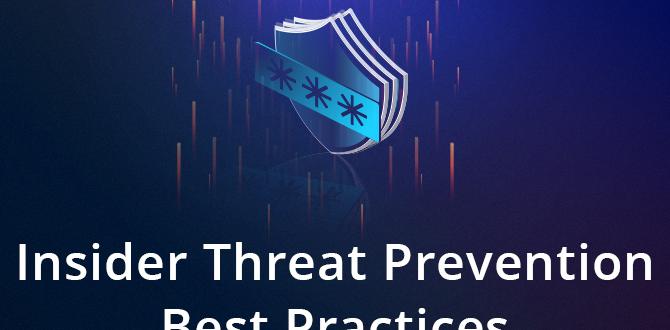As the digital world evolves, so do the unethical practices some individuals engage in to make money online. From selling counterfeit items and engaging in click fraud to phishing scams and review manipulation, there are various deceptive tactics used to profit illegally. In this article, I will delve into different dirty ways people resort to in order to make money online.
Selling Fake Products

Setting up a Fake Online Store
Creating a fake online store is a common tactic used by scammers to deceive unsuspecting customers. They lure individuals in with enticing products at unbelievably low prices, only to disappear once payments are made, leaving buyers with nothing but a loss.
Selling Counterfeit Items on Online Marketplaces
Another deceptive technique is selling counterfeit goods on popular online marketplaces. By passing off fake products as authentic, sellers not only cheat customers but also damage the reputation of legitimate brands.
Click Fraud
Using Automated Bots to Click on Ads
Click fraud involves artificially inflating the number of clicks on online ads to generate revenue. Fraudsters may use automated bots to repeatedly click on ads, tricking advertisers into paying for non-existent traffic.
Clicking on Your Own Ads to Generate Revenue
Some individuals engage in the practice of clicking on their own ads to increase their earnings. This unethical behavior not only violates the terms of service of advertising networks but also undermines the trust of advertisers.
Phishing Scams

Sending Fraudulent Emails to Steal Personal Information
Phishing scams involve sending deceptive emails that appear to be from legitimate sources, aiming to trick recipients into revealing sensitive information such as login credentials and financial details. This stolen data is then used for fraudulent activities.
Creating Fake Websites to Deceive Users
Scammers also create fake websites that mimic legitimate ones to deceive users into providing their personal and financial information. These fraudulent websites often have convincing layouts and designs to appear authentic.
Accessing Stolen Accounts

Hacking into Online Accounts to Steal Funds
Criminals may resort to hacking into individuals’ online accounts to steal funds or valuable information. Once access is gained, they can transfer funds, make unauthorized purchases, or engage in other illegal activities.
Selling Access to Compromised Accounts
Another illicit practice is selling access to compromised accounts on the dark web. These accounts may contain sensitive data, such as login details or financial information, which can be exploited for monetary gain.
Review Manipulation
Writing Fake Positive Reviews for Payment
Some individuals offer to write fake positive reviews for products or services in exchange for payment. This dishonest practice misleads consumers and distorts the reputation of businesses by artificially inflating their ratings.
Paying for Negative Reviews on Competitors’ Products
In a bid to tarnish their competitors’ reputation, some unscrupulous individuals pay for negative reviews on their products or services. This underhanded tactic aims to sway potential customers away from the competition.
Conclusion
Engaging in dirty ways to make money online not only undermines the trust and integrity of the digital ecosystem but also exposes individuals to legal repercussions. It is important to be vigilant, report suspicious activities, and uphold ethical standards when conducting business online.
FAQs
Q: Is it legal to engage in click fraud?
A: No, click fraud is illegal and violates the terms of service of most advertising networks.
Q: How can I protect myself from phishing scams?
A: Be cautious of unsolicited emails requesting personal information and verify the legitimacy of any website before providing sensitive data.
Q: What should I do if I encounter a fake online store?
A: Report the website to the appropriate authorities and refrain from making any purchases.
Q: Are there consequences for writing fake reviews?
A: Yes, engaging in review manipulation can lead to legal repercussions and damage to your reputation.
Q: How can I distinguish between a legitimate website and a fake one?
A: Look out for secure website connections, contact information, and customer reviews to authenticate the credibility of a website.